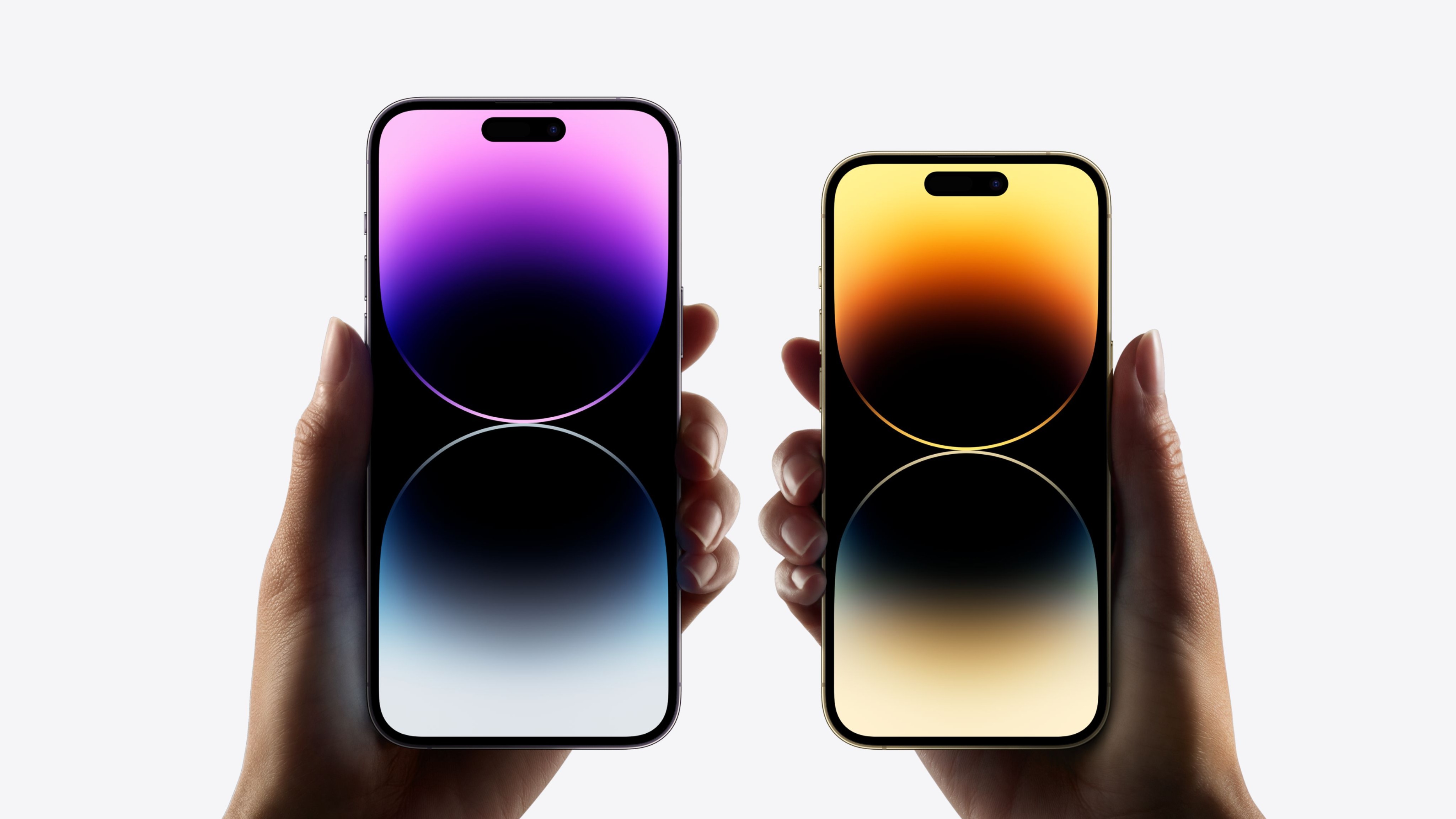The Chinese foreign ministry has said that it has not issued a ban on the purchase of foreign phone bans in reaction to recent media reports.
Internal documentation has been circulated by outlets including Reuters which showed staff at some government agencies and firms being told to stop using Apple iPhones at work – widening existing curbs on the use of the devices by state employees.
In comments made during a regular press briefing, Chinese foreign ministry spokesperson Mao Ning category refuted that any ban had been enforced: "China has not issued laws, regulations or policy documents that prohibit the purchase and use of foreign brand phones such as Apple's.”
The spokesperson added: "Recently we did notice a lot of media exposure of security incidents related to Apple's phones. The Chinese government attaches great importance to information and cyber security and treats both domestic and foreign companies as equals.”
Apple on Tuesday revealed its latest range of iPhone devices, with China representing the company’s third-largest market for smartphone sales. As part of a launch event, Apple announced that it had lowered the prices for its iPhone 14 series – released in 2022 – in China, with the cheapest model seeing its cost cut by 600 yuan to 5,399 yuan (£594.29).
The announcement comes at a time where Chinese tech giant Huawei is re-emerging as a major smartphone player. Huawei’s latest Mate 60 Pro includes an advanced 7-nanometer processor made by SMIC, which reportedly gives it enough power to rival Apple's smartphones.
Latest News
-
The top technology trends to expect in 2026
-
The most read National Technology News stories of 2025
-
Lyft and Uber sign deals with Baidu for robotaxi trial in London
-
Nextdoor launches AI-driven self-serve ads platform for small businesses
-
Italy's antitrust fines Apple €98.6m over alleged App Store dominance
-
Visa partners with UAE real estate firm to launch voice-enabled agentic commerce payments
The future-ready CFO: Driving strategic growth and innovation
This National Technology News webinar sponsored by Sage will explore how CFOs can leverage their unique blend of financial acumen, technological savvy, and strategic mindset to foster cross-functional collaboration and shape overall company direction. Attendees will gain insights into breaking down operational silos, aligning goals across departments like IT, operations, HR, and marketing, and utilising technology to enable real-time data sharing and visibility.
The corporate roadmap to payment excellence: Keeping pace with emerging trends to maximise growth opportunities
In today's rapidly evolving finance and accounting landscape, one of the biggest challenges organisations face is attracting and retaining top talent. As automation and AI revolutionise the profession, finance teams require new skillsets centred on analysis, collaboration, and strategic thinking to drive sustainable competitive advantage.
© 2019 Perspective Publishing Privacy & Cookies








Recent Stories